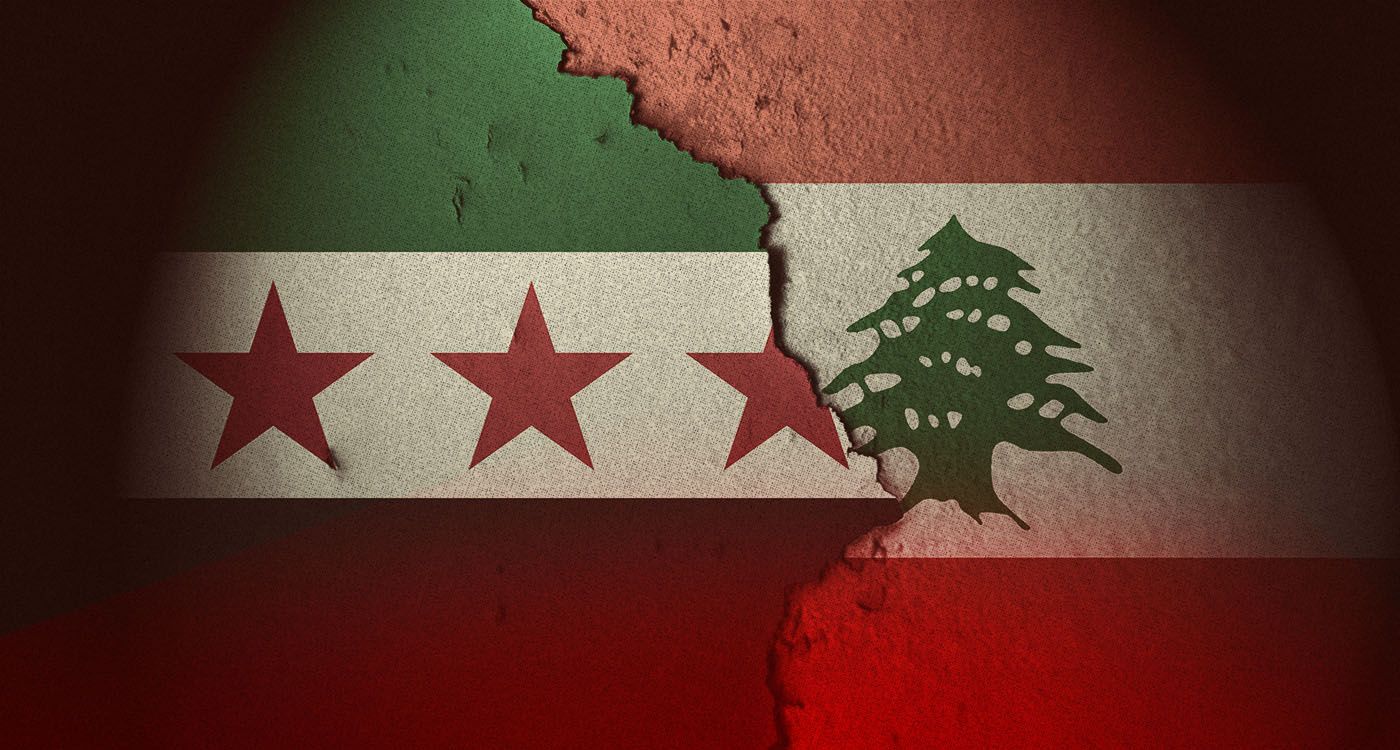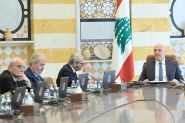
The political evolutions in both countries are quite ambivalent since they usher in a new political era beset by the pitfalls and the dirty arcane of domestic and regional power politics. The downfall of Hezbollah and the Assad regime is dawning a new chapter in the life of both Lebanon and Syria, notwithstanding their societal and political idiosyncrasies. The transformative dynamic of the Israeli counteroffensive has elicited unconventional political expectations unknown to the region and questioned the political and military foreclosures that have prevented the reformist and reconciliation narratives from taking over and blunted all undertakings in this regard from materializing and initiating alternative courses.
The trite ideological doxas that prevailed were able to survive as long as the ongoing power relationships kept hovering over Arab societies and minds. The projected end of Iranian imperialism and the implosion of the Syrian regime have sounded the eclipse of the ideological mantras (Arabism, Islamism and Third World outdated rhetorics) that have preempted political and social change from taking its due course in the region. The debacle is far from being restricted to the military realm; it challenges the political scripts and the evidence that have kept this area at bay from the political and societal upheavals caused by the democratic and liberal waves that succeeded in the end of the communist dystopia and its geo-strategic and political configurations. One wonders why Arab and Muslim societies were kept aside and why their reformist agendas were systematically obliterated.
The ongoing unraveling of the Iranian power projections, the annihilation of their operational platforms, and the deconstruction of their ideological scheme account largely for the emerging political dynamics and the rise of the reformist political agendas based on democratic and liberalizing political agendas, reasserted national sovereignty, and readiness to engage a conflict resolution course based on moral reciprocity, negotiations, and political accommodation. However tragic the current situation is, it opens up new horizons and gives rise to alternative political prospects.
Nonetheless, this looming horizon is still a possibility and a mere longing as long as the imperial agendas of Islamists of whichever stripe and autocratic proclivities are still hobbling political life. The Iranian regime, after losing its ideological and military platforms in Lebanon, Syria, and Gaza, is trying to outmaneuver the transformative dynamics while its faltering credentials and abilities are at their pinnacle. Change is inevitable, and there is no need to dwell on the need for the opposition to seize the rising opportunities to outdo the hypothecations and enforce a new political course.
The defeat of Hezbollah in Lebanon and Syria should lead to its eradication from political life and undermine its strategy to win in politics what it has lost in war. The outcomes of the domination strategy led by Iran throughout the Near East were destructive enough to challenge its status, credentials, and effective stature. The strategy of the integrated military platforms has led to the destruction of two countries (Lebanon and Syria), the Gaza district, Iraq, and Yemen, and their transformation into wastelands instrumented by terrorism and organized criminality. The Iranian regime, like al-Qaïda and ISIS, is located along the same ideological and strategic continuum, aside from its specific institutional and political positioning.
Lebanon has no chance of rebuilding itself as long as Shiite fascism is still determined to challenge the consociational and liberal political culture, instrumentalize state institutions, and pursue the sabotaging strategy and the cycles of nihilistic violence. The truce that was concluded a month ago does not seem to yield positive outcomes insofar as surrendering arsenals, dismantling military infrastructures, and renouncing subversive politics. It’s siding with the defunct Syrian regime, attempt at enlisting HTS support, and blatant intent on pursuing the war with Israel are quite indicative of the unwillingness to change the narrative and the political course.
The takeover of the Syrian regime by HTS and its shrouded ambiguities raise legitimate questions regarding its impending political projections, Islamist imperialism, and ideological hubris. The peaceful takeover and the festive atmosphere of the ongoing process match perfectly with the political statements made by its leader, who distanced himself from ideological pronouncements and emphasized the priority of national reconciliation and a national convention to decide the strategic choices that should guide the post-war reconstruction in Syria, the reintegration of the international community, transitional justice and the abolition of the sanctions regime.
This declaration of intent is quite reassuring as long as it endures a reality check and validates its premises. The Christmas trees in major Syrian cities are resolutely indicative of a normalization demeanor. Nonetheless, the hazards of transition range between Islamic radicalism, Turkish, Qatari, and Saudi power politics; failure of political dialogue between the ethno-religious groups; resumption of political violence and civil instability; and breakdown of governance. The takeover seems a good omen and needs to be closely monitored and shepherded since it might lay the foundation of an all-encompassing and long-awaited political, societal and cultural metamorphosis.




Comments